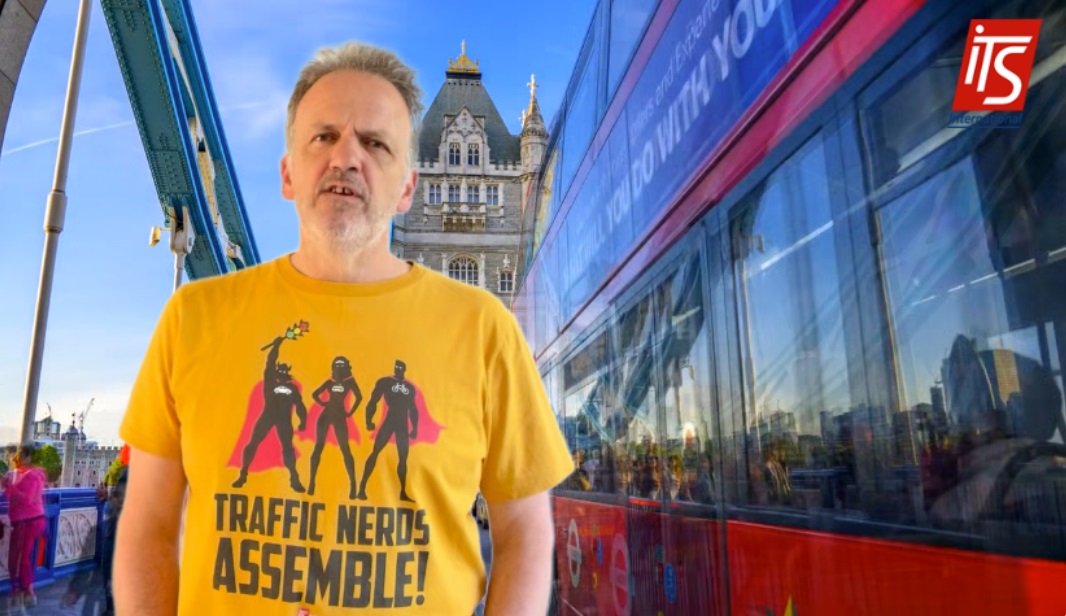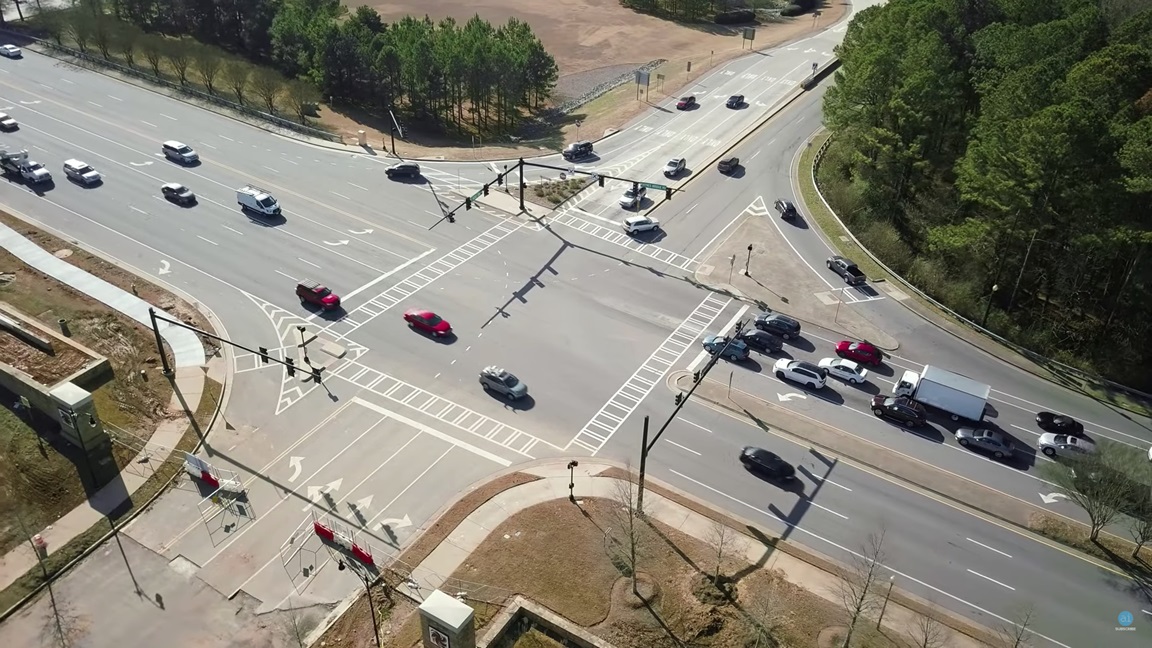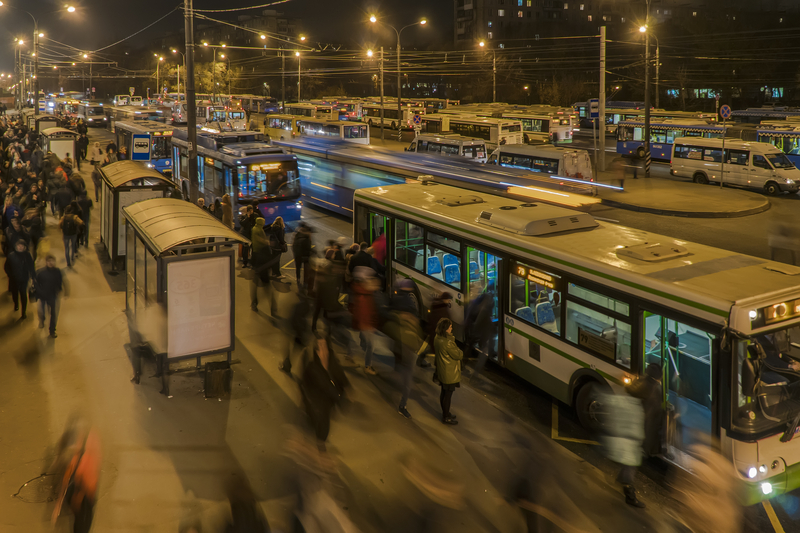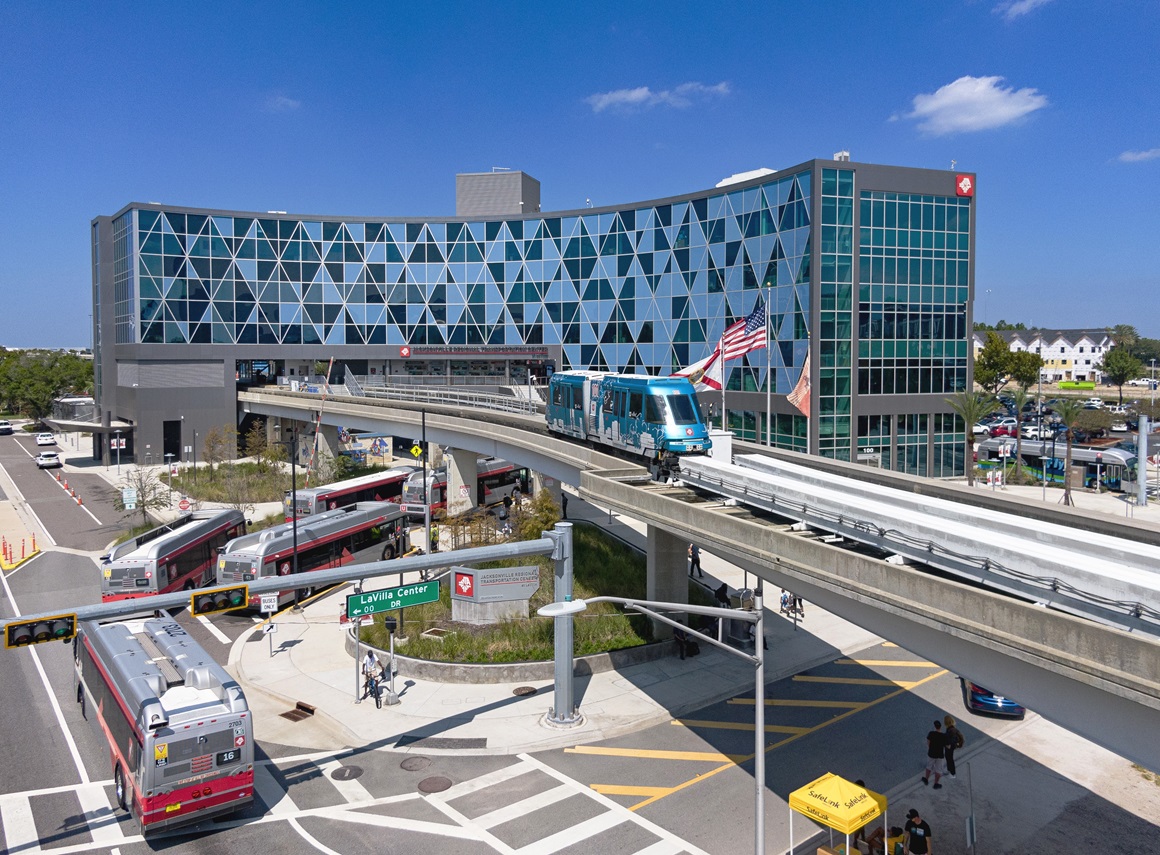
A transportation agency should always be learning. That simple but powerful idea underpins the new Jacksonville Transportation Authority (JTA) Research Lab, an innovative model for collaboration between transportation agencies and academia. For the first time JTA, the regional multimodal transportation authority for Northeast Florida, is inviting researchers to examine the authority's most pressing policy questions and share what they learn with transportation experts and professionals worldwide.
This region includes Duval County, which has a population of around 1.7 million (the 40th largest metro area in the US and the fourth biggest in Florida) and a total area of 874.3 square miles (2,264 km2), making Jacksonville the largest city in land area in the contiguous US. Built as a state agency and an independent special district, JTA designs and constructs bridges and highways and provides varied mass transportation services. These services include fixed route and bus rapid transit service, paratransit services (Connexion), a downtown automated elevated people mover known as the Skyway, the St. Johns River Ferry, the Gameday Xpress, as well as other on-demand and regional services to Clay, Nassau and St. Johns counties.
“JTA is now committed to adopting a universal basic mobility programme and utilising artificial intelligence to improve customer service”
The JTA Research Lab grew out of Move2027, a five-year strategic plan adopted by the JTA board in 2022. Move2027 includes dozens of initiatives, many of which are novel - not just in Jacksonville, but in the US. For instance, JTA is now committed to adopting a universal basic mobility programme and utilising artificial intelligence to improve customer service, and both emerging and evolving mobility strategies.
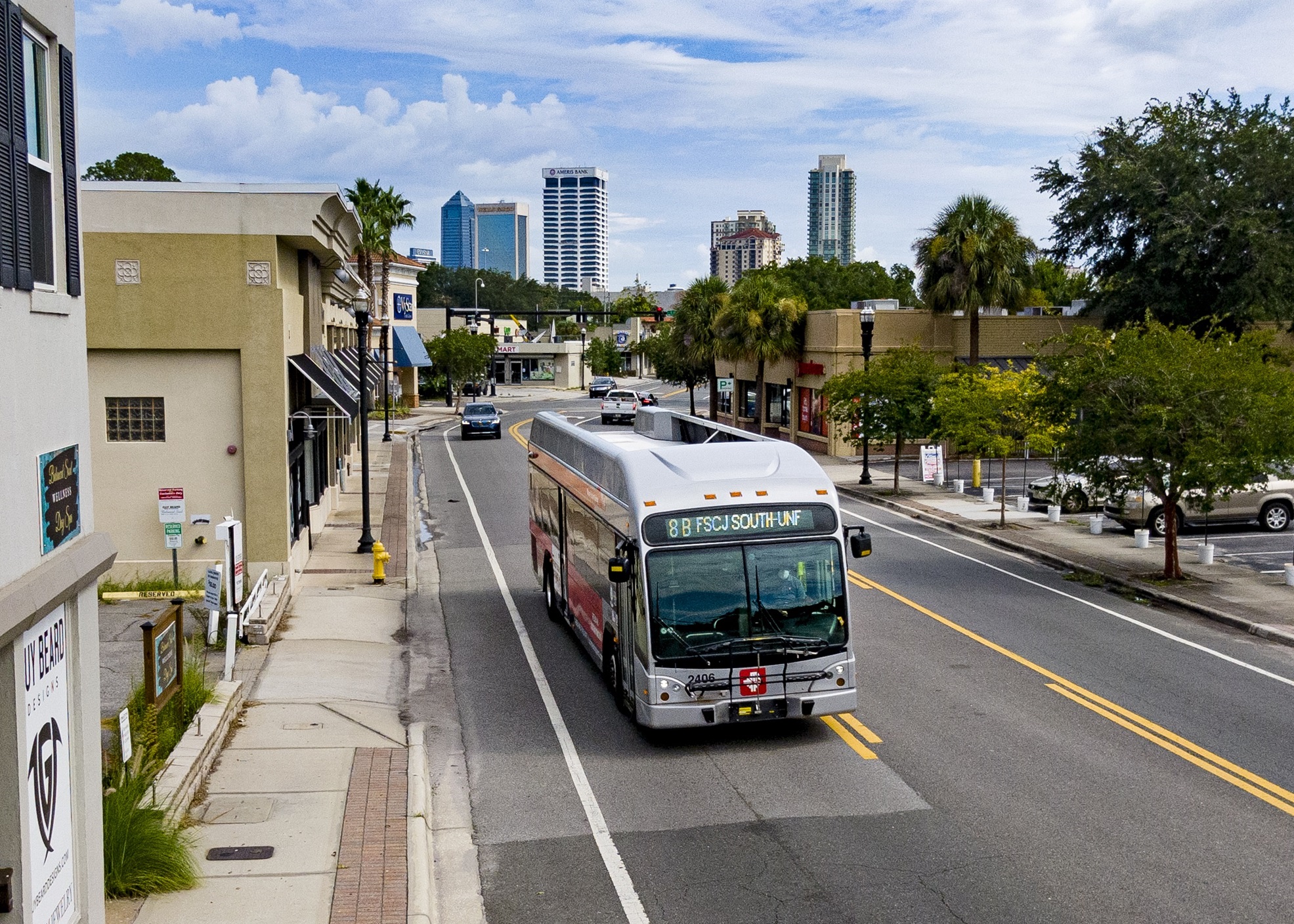
Unique and innovative
With any new programme, JTA builds upon the lessons learned from those who have previously sought to do something similar, searching for design elements that we should emulate - and those which are best avoided. A challenge for JTA was that many of Move2027's tactics are unique and innovative, and therefore few case studies are available to inform our planning.
Academic research, while helpful, provided few real-world case studies from which to find guidance. Rather than plunge ahead and risk missteps in the implementation of Move2027, I instead opted for JTA to learn as we went: a careful, interactive process that would draw upon lessons learned from early deployments and incorporate them into subsequent ones. Better yet, we could share those lessons with other transportation systems around the country – and even globally – helping to advance an industry that faces severe headwinds as it strives to recover from ridership declines during the Covid pandemic and funding challenges.
Those goals led to the formation of the JTA Research Lab, which my team developed through months of discussions with transportation academics.
Here is how it will work: each year, JTA will identify a small number of critical policy questions that we cannot adequately answer through academic findings or the experiences of other transportation agencies. We will then create and disseminate a Request for Proposal (RFP) targeted toward academic institutions, describing the issue and explaining what JTA would like to learn. Because high-quality research takes more time than consulting engagements, each JTA Research Lab initiative will be funded for at least a year (sometimes longer).
Fare capping and future bus stops
The JTA team ultimately selected the first two topics to be investigated through the JTA Research Lab. The first was cash fare capping, a policy designed to ensure that regular transportation riders do not “overpay” because they cannot afford the upfront cost of a monthly pass. With capping, the transportation agency monitors how much a rider has spent on individual trips in a given period and stops charging them once they reach the cost of an unlimited pass (i.e. if a monthly pass is $40 and a ride is $2, only the first twenty trips would be charged in a single month – all subsequent ones would be free).
Move2027 calls for JTA to implement cash fare capping in the coming months (a few other transportation agencies, like New York City's MTA and Portland's TriMet, have already done so). Although some research on cash fare capping exists, including a study by the National Academies, JTA could not answer several pivotal questions: Which kinds of riders benefit most from cash fare capping, and who benefits least? Are its equity benefits limited by the requirement that riders pay with mobile ticketing? What is the impact on farebox revenue? These are among the topics that the JTA Research Lab will explore. We will also encourage the researchers to disseminate their lessons broadly through peer-reviewed papers.
The second RFP concerns JTA's Bus Stops of the Future programme, a Move2027 tactic that involves overhauling 111 bus stops in north-west Jacksonville. Over the next several years, JTA will upgrade the bus stops to enhance safety, increase customer satisfaction, and attract new riders. Added amenities will include crosswalks, bus shelters, sidewalk expansions, and real-time bus information, among other interventions.
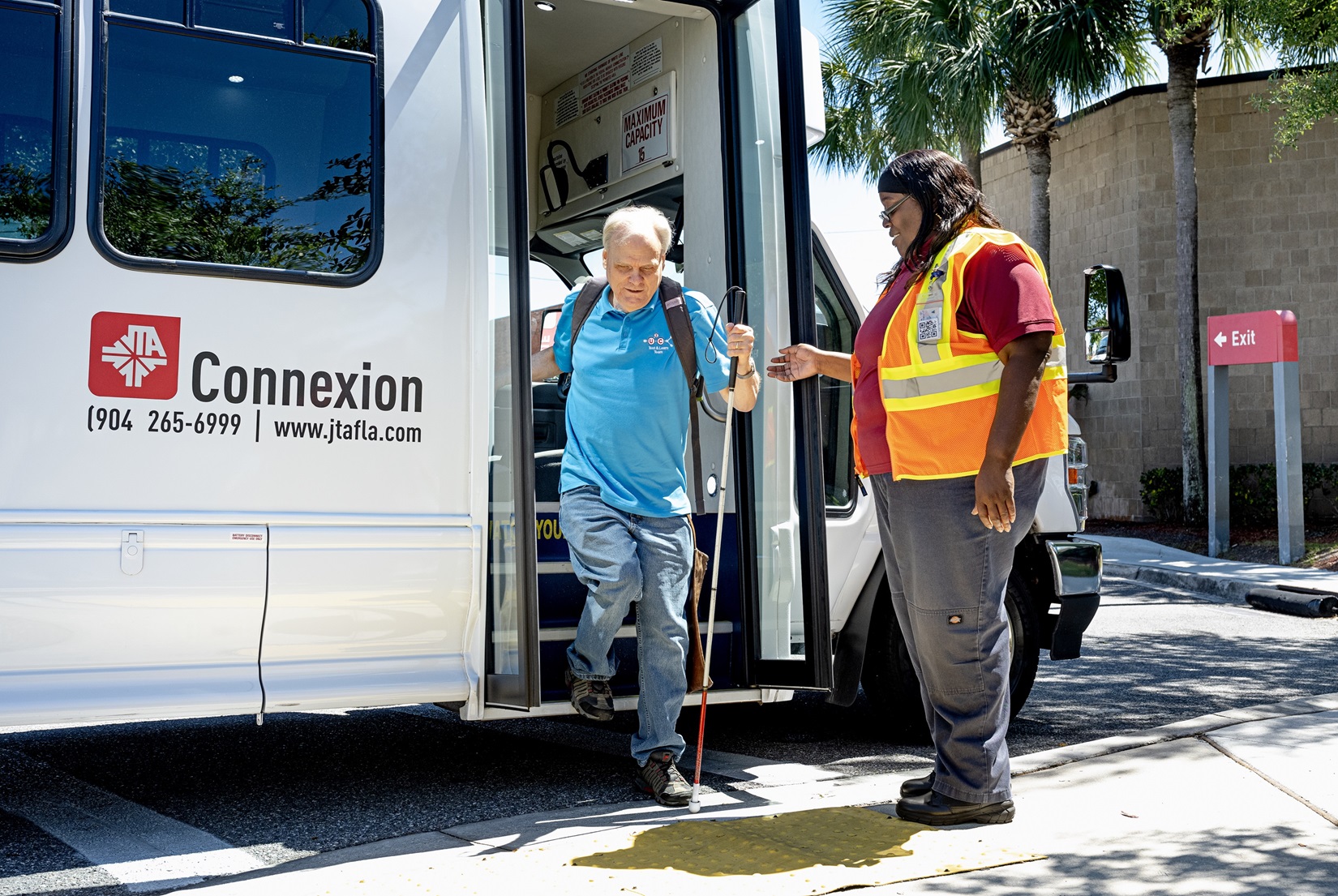
Evolving needs
The JTA Research Lab will collaborate with academics to measure and analyse the value of these bus stop amenities. Questions to be considered include: To what extent do the upgrades appeal to riders or enhance safety? Which amenities are particularly valuable and cost-efficient? In what ways do passengers adjust their trip plans after the upgrades are complete? Since implementation of Bus Stops of the Future will continue throughout the MobilityWorks 2.0 Program, JTA will incorporate lessons from the research into subsequent upgrades (and also share those lessons with peer agencies). Again, we will encourage the researchers to publish their findings in academic journals.
In future years, JTA plans to launch many more research projects that will be determined by the authority's evolving needs.
“Time will tell if its model of open collaboration between transportation and academia achieves our vision, both in Northeast Florida and beyond”
I should note that JTA is far from the first transportation system to join forces with academia; partnerships between an agency and a university are widespread. However, we believe that the JTA Research Lab breaks new ground as a collaboration invitation for all academics. Rather than establishing a single university relationship intended to fulfill all research needs, the JTA Research Lab capitalises on the unique strengths of various university transportation departments.
My team and I are well aware that success is not assured in any innovative venture, and the JTA Research Lab is the same. Time will tell if its model of open collaboration between transportation and academia achieves our vision, both in Northeast Florida and beyond. But if it succeeds, we believe it could powerfully improve transportation services and spur more practical transportation research.
ABOUT THE AUTHOR

Nat Ford is CEO of Jacksonville Transportation Authority
------------------------------------------------------------------------
About the Jacksonville Transportation Authority
The Jacksonville Transportation Authority (JTA) is a state agency and an independent special district serving Jacksonville, Florida, and Northeast Florida with multimodal responsibilities. The JTA provides varied mass public transit services and builds roads, bridges, and other infrastructure to enhance mobility. Public transportation services include bus rapid transit and regular bus service, paratransit, the St. Johns River Ferry, Skyway APM, and other mobility and on-demand services in Duval, Clay, Baker, Nassau, and St. Johns counties.
To learn more, visit www.jtafla.com






